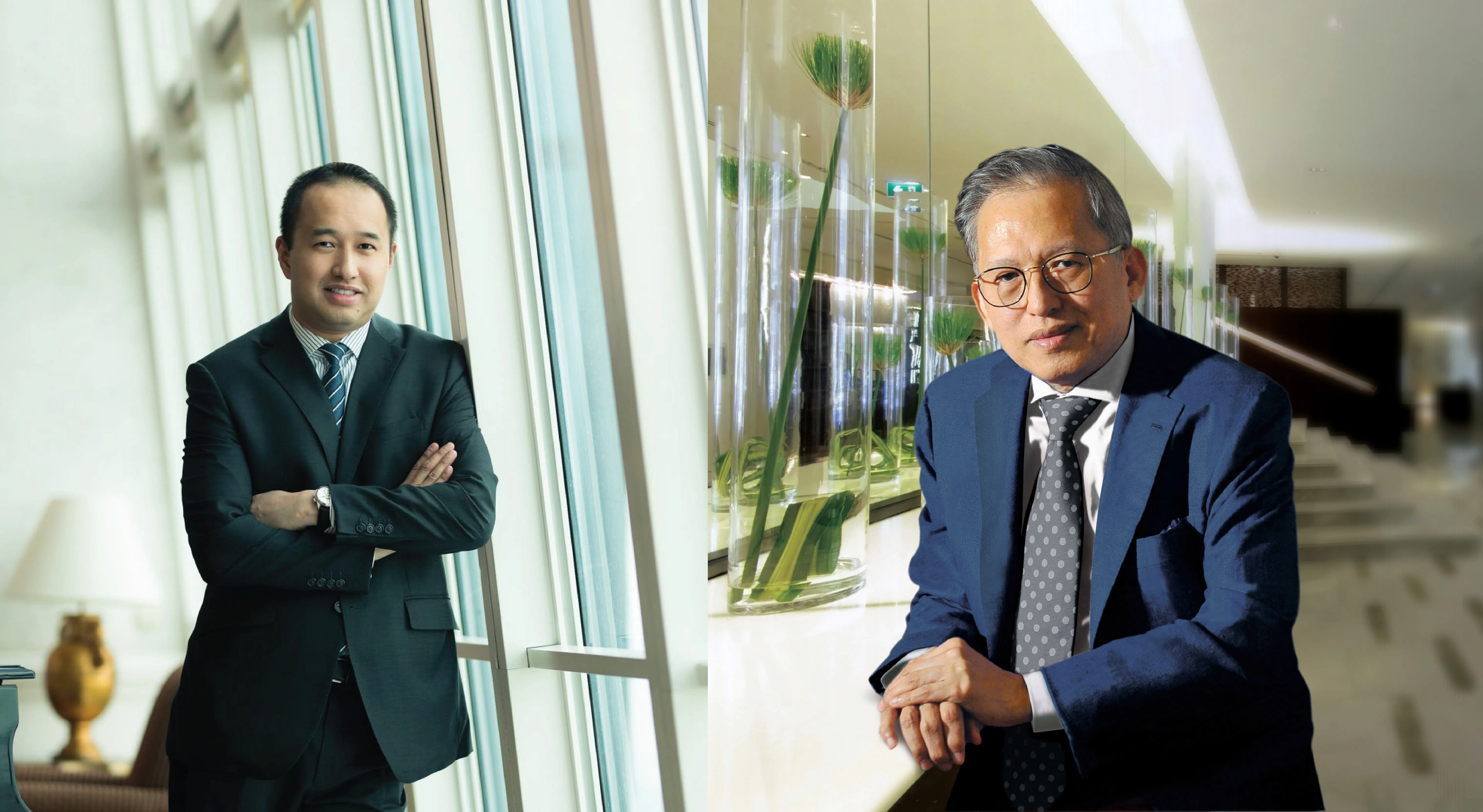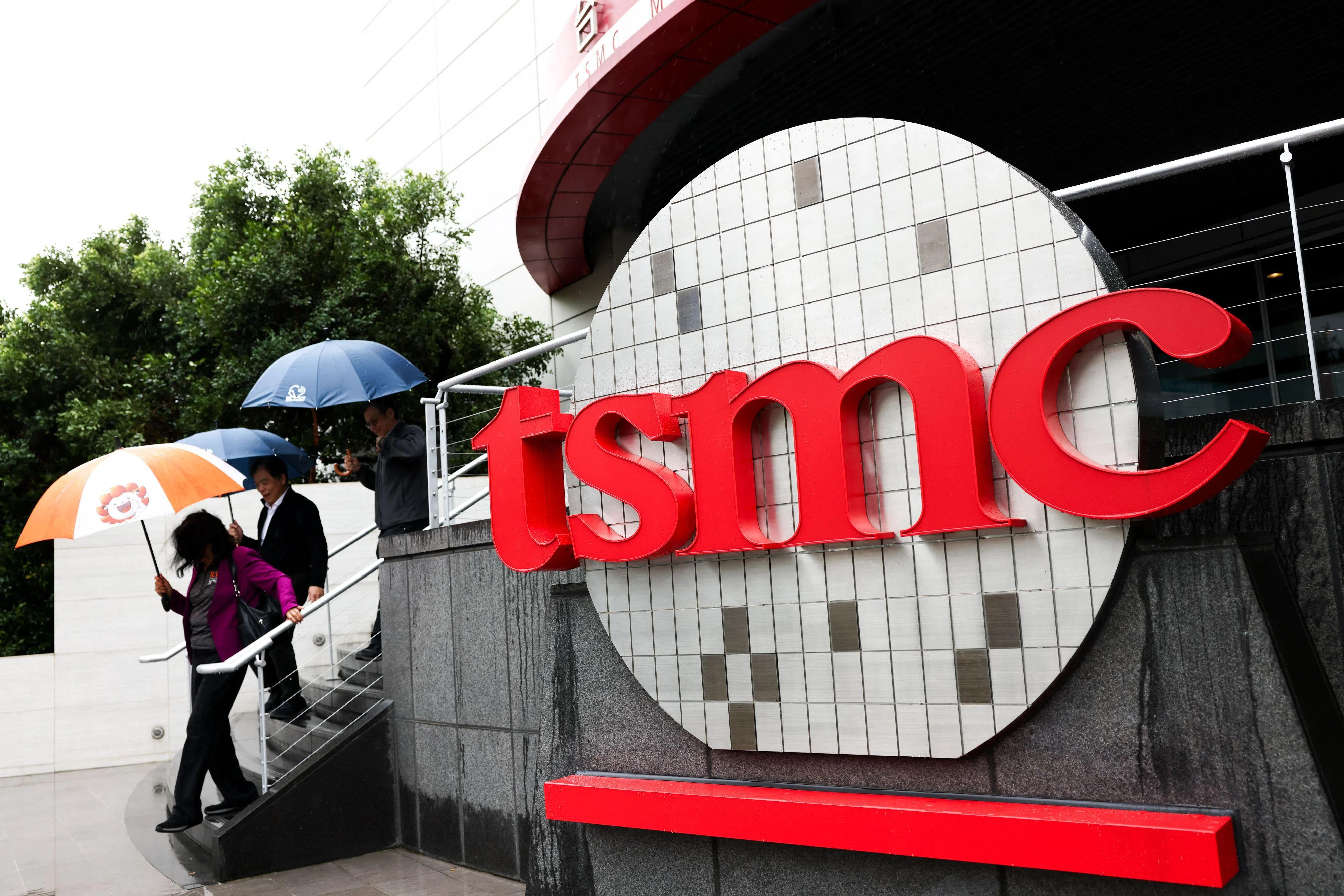THE question of whether there are plans to nationalise Singapore Post (SingPost) should be posed to the government, said Simon Israel, chairman of the listed national postal service provider.
“You have to ask the government, not me,” Israel said at a media roundtable on Wednesday (Feb 26).
As to the question of possible privatisation, Israel responded: “But someone has to privatise it, right? There has to be an actor who wants to privatise a company.”
There has been speculation amongst the investing community, given the domestic postal service business’ secular decline – which has weighed on SingPost’s bottom line.
Meanwhile, the company is focused on the upcoming Mar 13 extraordinary general meeting to obtain shareholder approval for the proposed sale of its Australian logistics business Freight Management Holdings (FMH) at an enterprise value of A$1 billion (S$867 million).
The sale will generate proceeds of A$775.9 million in cash and an expected gain of S$289.5 million, with part of the gain possibly distributed to shareholders as a special dividend.
BT in your inbox
Start and end each day with the latest news stories and analyses delivered straight to your inbox.
Levered return on equity is about four times SingPost’s investment in FMH, Israel highlighted.
The divestment, if approved, is part of the board’s efforts to unlock shareholder value. The chairman pointed out that the sale would bring forward the unlocking of value in FMH, and represents non-taxable capital gains for shareholders.
Israel lamented that SingPost’s stock price has not reflected the value of its Australia business and the latter’s financial performance since the Singapore group began building up stakes in the business.
SingPost took an initial stake of 28 per cent in FMH in December 2020, while the local postal service provider’s counter was trading at S$0.72.
Its share price has been trending down since and hit a low of S$0.38 in March 2024 before rebounding. The counter stood at S$0.58, up 5.5 per cent or S$0.03 as at 3.40 pm on Wednesday, after the mention of a possible special dividend.
The FMH group, including Border Express and CouriersPlease, generated A$802.2 million in revenue and A$70.6 million in earnings before interest, tax, depreciation and amortisation for the nine months of FY2025 ended December.
While SingPost had set out on a strategic review of the Australia business, it had not intended to sell it until an unsolicited offer came along.
If the sale goes through, SingPost will work on resetting its strategy as well as kickstarting the formal process of hunting for a new group chief executive officer.
But if shareholders reject the resolution, it would be “business as usual” for the Australian business, and SingPost has other options to fund the business.
Only after knowing whether the proposed divestment is accepted by shareholders, will SingPost be able to reset its strategy – which would be done in 2025. “Because obviously it’s completely different, depending on which way it comes,” explained Israel.
The slate of candidates for group CEO would also hinge on the reset strategy. The candidate could be from outside or within the group, he added.
The top position has been vacant since late December when Vincent Phang was shown the door, along with group chief financial officer Vincent Yik, and CEO of SingPost’s international business unit, Li Yu.
Israel pointed out that the board of directors sets the framework for the group CEO and his management team to formulate their strategy.
He also confirmed that no lawsuits from the fired trio have been filed against SingPost.
The group will continue to invest in the transformation of its Singapore e-commerce logistics – that is the last-mile delivery – and complete an ongoing review of its international cross-border e-commerce logistics business, as the proposed sale of the Australian business gets under way.
Israel said the processing capacity of the Singapore business has been maxed out, and SingPost is looking at investing to more than double capacity.
He reiterated the intention to divest SingPost Centre at Paya Lebar and other non-core assets.
“But what might change is the phasing and timing around specific assets. Because we now have to rethink which is the right order, et cetera… When you have the right opportunity? Do you then sell it so you’ve got the funding for that particular opportunity? There were many things to balance.”







